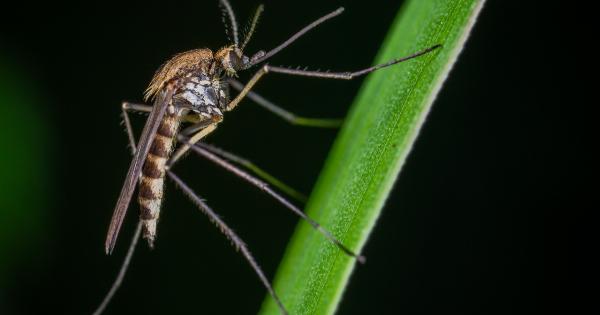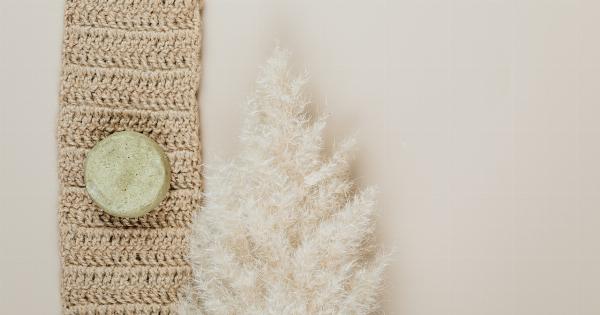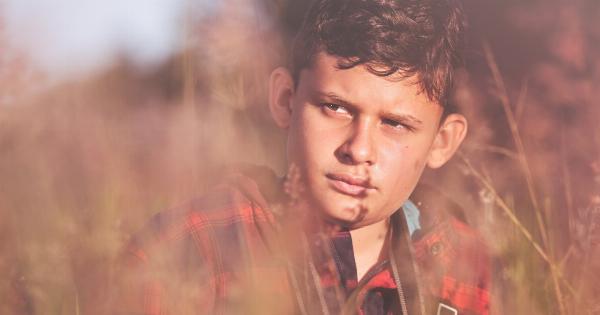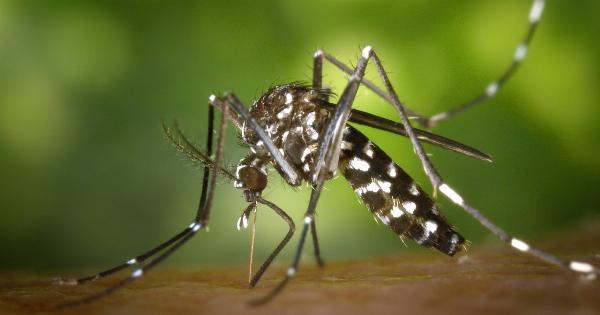Mosquitoes are common insects that can cause various diseases when they bite. Protecting our children from mosquito bites is extremely important to ensure their well-being.
There are numerous mosquito repellents available in the market, but it can be overwhelming to choose the best one for kids. In this article, we will discuss the different types of mosquito repellents suitable for children and identify the most effective options.
Natural Mosquito Repellents
Natural mosquito repellents are often preferred by parents as they provide protection without exposing children to harsh chemicals. Here are some commonly used natural repellents:.
Citronella Oil
Citronella oil is derived from lemongrass and is a widely-used ingredient in mosquito repellents. It has a pleasant citrus scent and masks the human scent, making it difficult for mosquitoes to find their prey.
Lemon Eucalyptus Oil
Lemon eucalyptus oil is derived from the gum eucalyptus tree and contains a compound called PMD (para-menthane-3,8-diol), which has been proven effective in repelling mosquitoes.
Essential Oils
Certain essential oils, such as lavender, peppermint, and tea tree oil, have mosquito repellent properties. These oils can be diluted with a carrier oil and applied to the skin to provide protection.
Plant-Based Repellents
Several plant-based repellents are available on the market, which contain a combination of various natural ingredients. These repellents are usually gentle on the skin and provide effective protection against mosquitoes.
DEET-Based Repellents
DEET (N,N-Diethyl-meta-toluamide) is a commonly used chemical ingredient in mosquito repellents. It effectively repels mosquitoes and other biting insects.
However, some parents may have concerns about using DEET-based products on their children, especially on infants.
Picaridin-Based Repellents
Picaridin is a synthetic compound that is widely used as an alternative to DEET. It is effective in repelling mosquitoes and has a lower risk of skin irritation compared to DEET-based products. Picaridin-based repellents are considered safe for children.
IR3535-Based Repellents
IR3535 is another chemical compound that is commonly used in mosquito repellents. It provides effective protection against mosquitoes, ticks, and other biting insects. IR3535-based repellents have a good safety profile and are suitable for children.
Repellent Clothing
Another option for protecting children from mosquito bites is the use of repellent clothing. These garments are specially treated with an insecticide called permethrin, which repels mosquitoes on contact.
Repellent clothing provides long-lasting protection, even after multiple washes.
Mosquito Nets
Mosquito nets are a traditional and effective way to keep mosquitoes at bay. Installing mosquito nets over cribs and beds can provide a safe sleeping environment for kids, protecting them from mosquito bites while they sleep.
Choosing the Best Mosquito Repellent for Kids
When selecting a mosquito repellent for children, it is essential to consider factors such as effectiveness, safety, and ease of use. Here are some key considerations:.
Effectiveness
Look for repellents that have been proven effective in repelling mosquitoes. Check for recommendations from trusted sources such as the Centers for Disease Control and Prevention (CDC) or the World Health Organization (WHO).
Safety
Ensure that the chosen repellent is safe for children, considering their age and any specific allergies or health conditions they may have. Read the product label and follow the instructions carefully.
Skin Sensitivity
If your child has sensitive skin, opt for repellents that are gentle and hypoallergenic. Conduct a patch test before applying the repellent to a larger area of the body to check for any adverse reactions.
Longevity
Consider the duration of protection provided by the repellent. Some products offer protection for a few hours, while others provide prolonged defense against mosquitoes.
Application Method
Choose a repellent that is easy to apply and suitable for your child’s age. Some repellents come in spray, lotion, or stick forms, allowing for convenient and targeted application.
Additional Precautions
In addition to using mosquito repellents, consider taking the following precautions to further protect your children from mosquito bites:.
1. Dress Appropriately
Make sure your child wears long-sleeved shirts, long pants, and socks, especially during peak mosquito activity times.
2. Avoid Peak Mosquito Hours
Mosquitoes are most active during dawn and dusk. Limit outdoor activities during these times to minimize exposure to mosquitoes.
3. Eliminate Standing Water
Mosquitoes breed in stagnant water. Regularly check your surroundings and eliminate any potential breeding grounds, such as puddles, flower pots, or birdbaths.
Conclusion
Protecting children from mosquito bites is crucial to safeguard their health. When choosing a mosquito repellent for kids, consider factors such as effectiveness, safety, and age appropriateness.
Natural options like citronella and essential oils, as well as chemical-based repellents like DEET, picaridin, and IR3535, can provide effective protection. Repellent clothing and mosquito nets are also valuable tools in the fight against mosquito-borne diseases.
By selecting the best mosquito repellent and following additional precautions, parents can ensure their children enjoy mosquito-free outdoor activities without worrying about potential health risks.






























